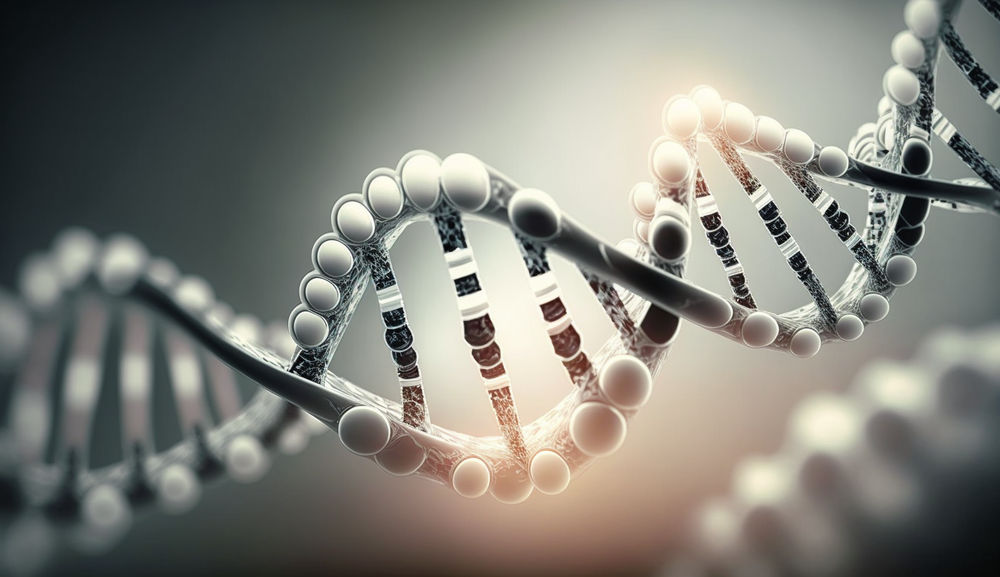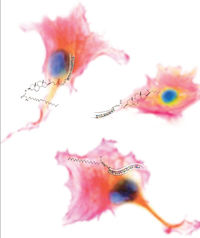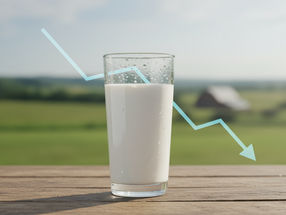Pharmaceutical breakthrough may make a range of drugs cheaper and more available
Scientists use gene therapy to cause goats to produce therapeutic proteins in their milk
Advertisement
A new study published in the February 2008 print edition of The FASEB Journal describes a scientific advance that should reduce the cost and increase the availability of a wide range of drugs. In the report, University of Pennsylvania researchers describe how they used gene therapy to reduce the time it takes to breed large animals capable of producing therapeutic proteins in their milk, such as insulin or those that fight cancer. This represents a significant milestone in drug development, as current methods involve cloning, which takes more time and generally costs more.
"Having an easier way to harness nature's power to produce large quantities of specific proteins in milk could increase the availability of drugs for people who could otherwise not afford these treatments," said Ina Dobrinski, one of the researchers on the study.
The study also is significant because it may also be a new way to eliminate diseases in future generations of animals, such as those used for livestock. Here's why: To get the goats to produce specific proteins, the researchers used radiation to kill a portion of a male goat's germ cells. Then they used a modified adeno-associated virus to insert a gene in the remaining cells. Once the new gene took hold in the germ cells, a predictable number of female offspring produced the desired protein in their milk. The advance is immediately valuable for pharmaceutical development and biology research, but a similar approach could be used to bolster the food supply by eliminating genetic disorders in animals over several generations. It is also possible that once perfected, this technique could eliminate disease genes in humans over several generations, assuming ethical concerns can be resolved adequately.
"For thousands of years, people have domesticated cows and goats to make milk, butter and cheese. And for thousands of years dairy products have been used as folk remedies for practically every human illness. Most have been completely ineffective." said Gerald Weissmann, MD, editor-in-chief of The FASEB Journal. "So it is reassuring that modern science would find a way to use the milk we drink to yield of drugs that actually work."
Other news from the department science
Most read news
More news from our other portals
See the theme worlds for related content
Topic world Gene therapy
Genetic diseases once considered untreatable are now at the center of innovative therapeutic approaches. Research and development of gene therapies in biotech and pharma aim to directly correct or replace defective or missing genes to combat disease at the molecular level. This revolutionary approach promises not only to treat symptoms, but to eliminate the cause of the disease itself.

Topic world Gene therapy
Genetic diseases once considered untreatable are now at the center of innovative therapeutic approaches. Research and development of gene therapies in biotech and pharma aim to directly correct or replace defective or missing genes to combat disease at the molecular level. This revolutionary approach promises not only to treat symptoms, but to eliminate the cause of the disease itself.

























































